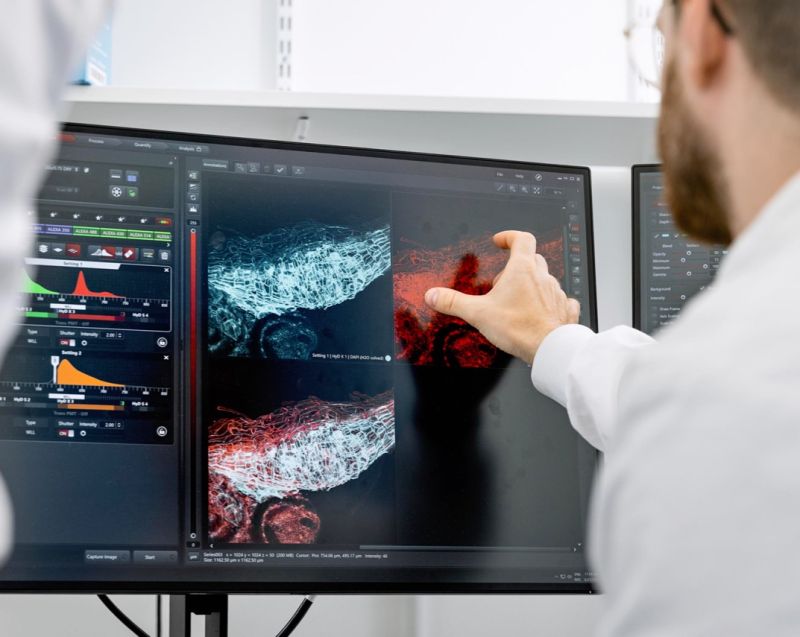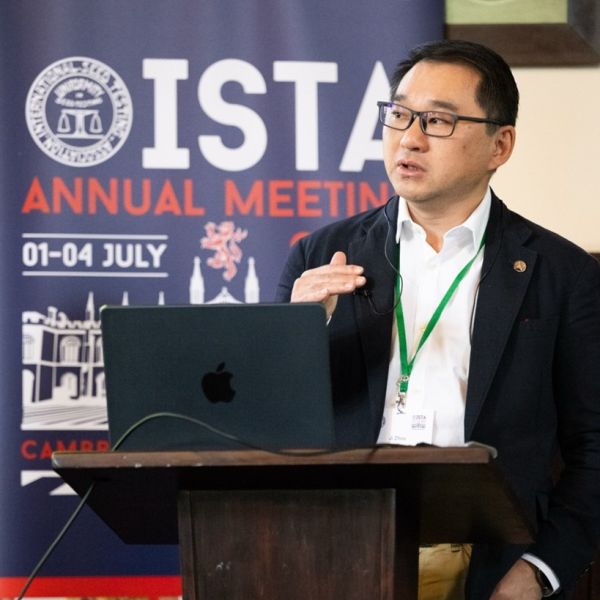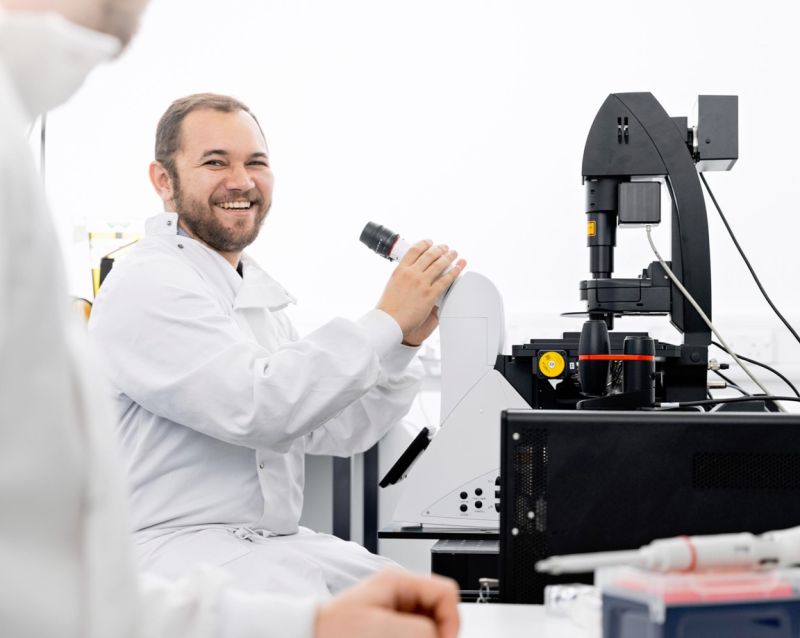About us
Improvements in agriculture during the 20th Century were highly reliant on chemical inputs, such as inorganic fertilisers, pesticides and herbicides.
However, these chemical inputs increased crop yields at the expense of terrestrial and aquatic biodiversity. Furthermore, since they can be prohibitively expensive or inaccessible for some smallholder farmers, their use has deepened inequity of crop yields.
The Centre provides leadership in crop sciences, with a creative and dynamic research culture, motivated by improvement of agriculture for the betterment of society.
Learn more










